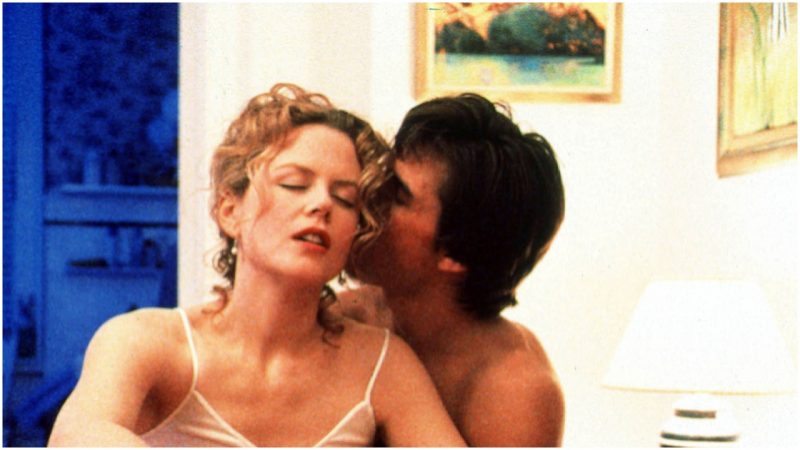The iconic American film director, producer, and cinematographer, Stanley Kubrick was widely known for the perfectionism in the work he did. His last movie, Eyes Wide Shut, is the final proof to that claim. Released in 1999, the film makes a timeless erotic drama that follows the sexual encounters of Dr. Bill Harford after his wife, Alice tells him that she considered having an affair already in the past.
The story culminates as Bill embarks on a night-long adventure where he virtually infiltrates a gargantuan masked orgy organized by a furtive, sectarian group in New York. The plot of the movie is based on Arthur Schnitzler’s 1926 novella, Traumnovelle, (Dream Story).
On the other hand, Schnitzler’s Dream Story is set in Vienna at the beginning of the twentieth century and the plot revolves around Fridolin and Albertina, a normal suburban middle-class couple. Like the main protagonist of his novel, Schnitzler also lived in Vienna and worked as a medical doctor. Kubrick’s occupation with Schnitzler’s novel goes long way back in the past. He had been interested in making a film that will thoroughly explore sexual relations already in 1962, as he worked on Dr. Strangelove. A copy of Dream Story reached him in 1968 while he was contemplating what to do after the completion of 2001: A Space Odyssey. With the help of a friend, Kubrick obtained the filming rights of the novel by the end of the decade, but his plans and ideas were continually changing.
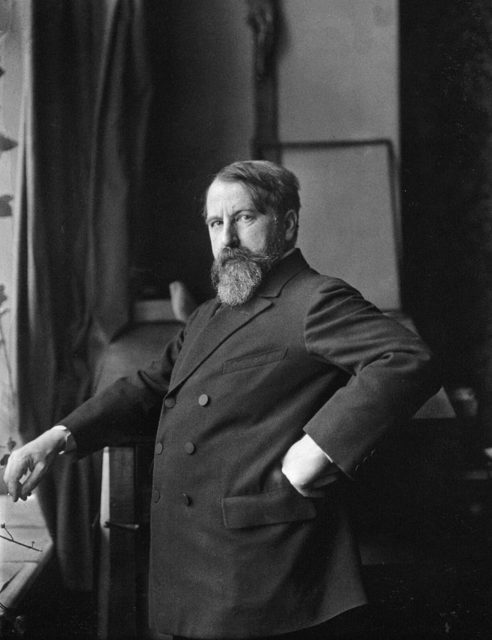
During the 1970s he considered hiring Woody Allen to play out one of the main characters in the story. Then, in the 1980s, he even thought of adapting the story into a sex comedy “with a wild and somber streak running through it,” and have Steve Martin as the main role. The project was brought to life finally during the 1990s.
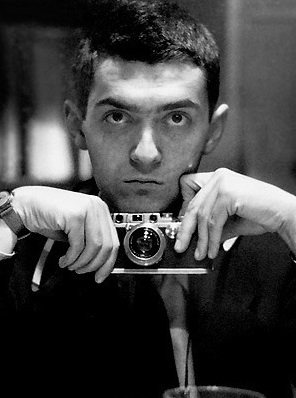
For the needs of the movie, Kubrick hired writer Frederic Raphael to help him out with the adaptation of the plot and transfer the setting from early twentieth century Vienna to late twentieth century New York. The output was the script of Eyes Wide Shut. There was no doubt that the script would require tremendous amounts of work, thus some people even declined jobs on the movie as they feared it would be all too long and exhaustive! So it was.
As the production of the film was approved somewhere in 1996, Kubrick was asked to cast celebrities, something he had not done ever since casting Jack Nicholson in The Shining. Tom Cruise and Nicole Kidman, which were a married couple at the time, made a good fit for the main roles and filming started in November 1996.
Of course, Kubrick’s perfectionism was the major reason why the filming of the movie extended to an astounding 46 weeks without a break. The director required changes in the script on set; all scenes were shot in numerous takes.
Even episode characters like Vinessa Shaw who plays an HIV-positive prostitute in the movie, though contracted for two weeks, had to hang out with the team for another six weeks. June 1998 concluded a 15-month-long period of filming. After that, the post-production phase began.
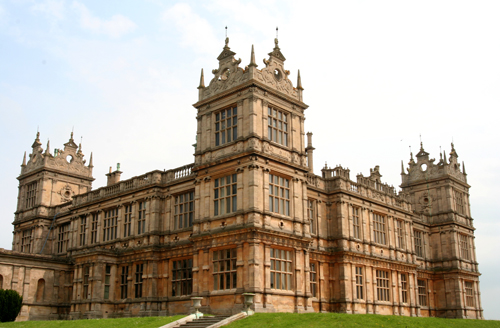
Regardless that the story takes place in New York, the film was mostly shot in the United Kingdom. Manhattan’s Greenwich Village, which is the setting of most street scenes, was utterly recreated at the Pinewood studio facilities.
But to make the exterior’s recreation all the more accurate, Kubrick sent a team to Manhattan to measure the streets of the district and note the locations of newspaper vending machines.
The masked orgy scenes were filmed at the large country houses of Mentmore Towers and Elveden Hall.
During the filming of all scenes, Kubrick refused to use studio lighting, hence forced the cinematographer to shoot using only the available light resources at the sets. Christmas tree lights made some of the most dominant and playful lights that appear through most of the scenes. In the case that the available light was insufficient, Chinese paper ball lamps were used to subtly brighten some of the scenes. Additional work on the lighting was done in the post-production phase.
Focused to the last detail, Kubrick inspected each visual element in all fragments of the film. Everything was important; from the color of the furniture to the overall composition of all elements that would designate whether some scenes were dream state or reality. The masks used in the orgy scene of the movie were inspired by real masked Carnival balls visited by the novel’s protagonist; Kubrick chose the appropriate mask for all characters on the set personally. According to costume designer Marit Allen, their purpose was to “create the impression of menace but without exaggeration.”
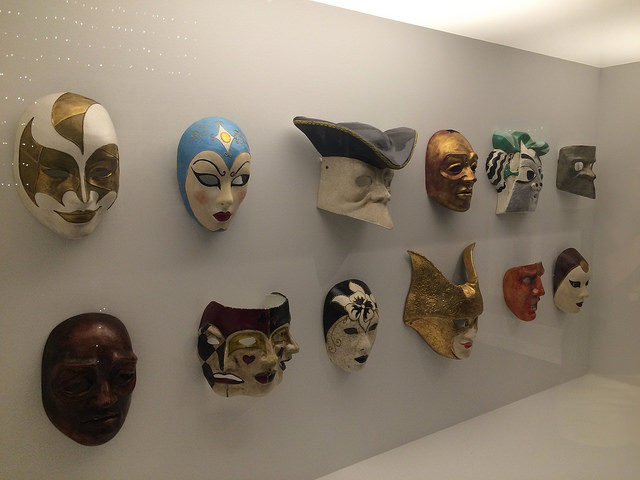
That’s why it took so long for the filming of the movie, an astonishing 400 days in a row, or 46 weeks without a pause. The prolonged post-production process was finished by March 1, 1999, after which Kubrick showed the final cut to Cruise, Kidman, and the Warner Bros executives. Unfortunately, Kubrick did not get to see his movie playing on the big screen.
The director died on March 7, 1999. Like most of his works, Eyes Wide Shut gained more recognition in the years after its initial release.
